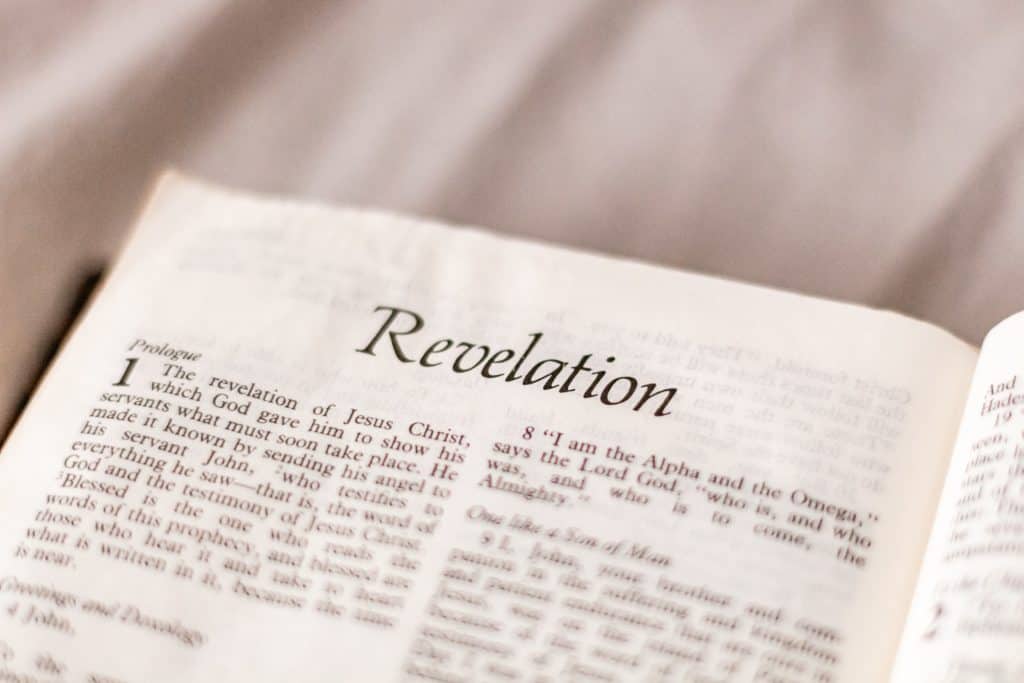When “one” goes back to “two” a lot of emotions, pain and distraught is experienced. The current rate of divorce in the country stands at 17% according to the National Bureau of Statistics. With separation, majority of people will focus on property and other assets. Often over looking and becoming oblivious to the fate of their child.
In most custody cases, “actual custody” of a child is given to the mother. “Actual custody of a child is synonymous with care and control of a child. It is the actual possession of a child whether or not the possession is shared with the other parent or any other person. Thus whoever the court gives actual custody of the child, is the person who will live with the child,” Section 81 of the Children’s Act NO 8 of 2001 defines.
Using this principle, the court mostly awards custody to the mother of any child below the age of 10 years. Unless the mother is proven not to be able to take care of the child. However, what is the actual best interest of the child? Should they be considered in the decision-making process for their wellbeing?
Psychologist Grace Kariuki recommends that children above the age of 6 years should be involved in the decision-making process. As by this time the child is able to make decisions. In turn, this will create a sense of control and belonging for the child.
“Most often the reasons why children become depressed, anxious, they are not able to transition very well is because they are never allowed to process what they would like plus what they feel,” she went on to explain.
Our psychologist Grace, emphasised that the conversation of who the child wants to stay with should be had, with a child psychologist, not the parents. As a child’s nature is to protect the parents hence when the parents ask them to choose between one or the other. It poses a high level of difficulty to the child.
Is there a modern legal point of view, “Tender Years Doctrine can no longer be considered as an inflexible rule of law? It must be subjected to the Best Interests of the Child Principle in determining child custody cases. The rule that a child of tender years belongs with the mother is merely an application of the principle in appropriate cases. The modern rule begins with the principle that the mother and father of a child both have an equal right towards the custody of the child,” Justice Prof. J Ngugi.
The interests and well-being of the child should precede all others. We need to place our children in a position where we can have open conversations with them and take into consideration their thoughts and emotions. By protecting one child you are creating hope for the next generation.







